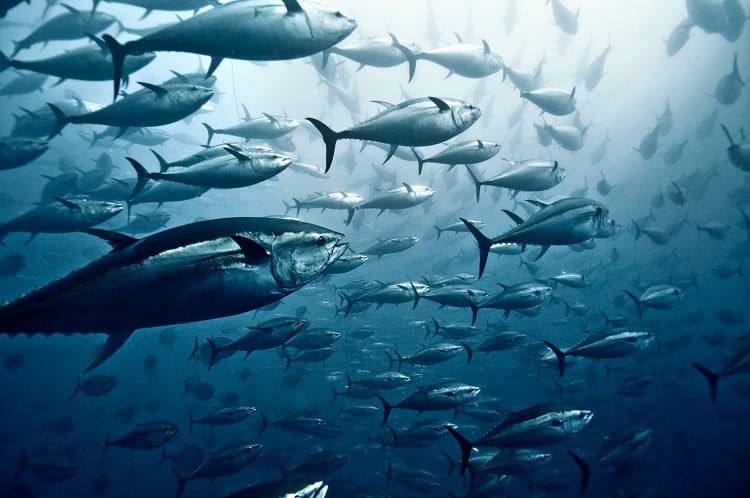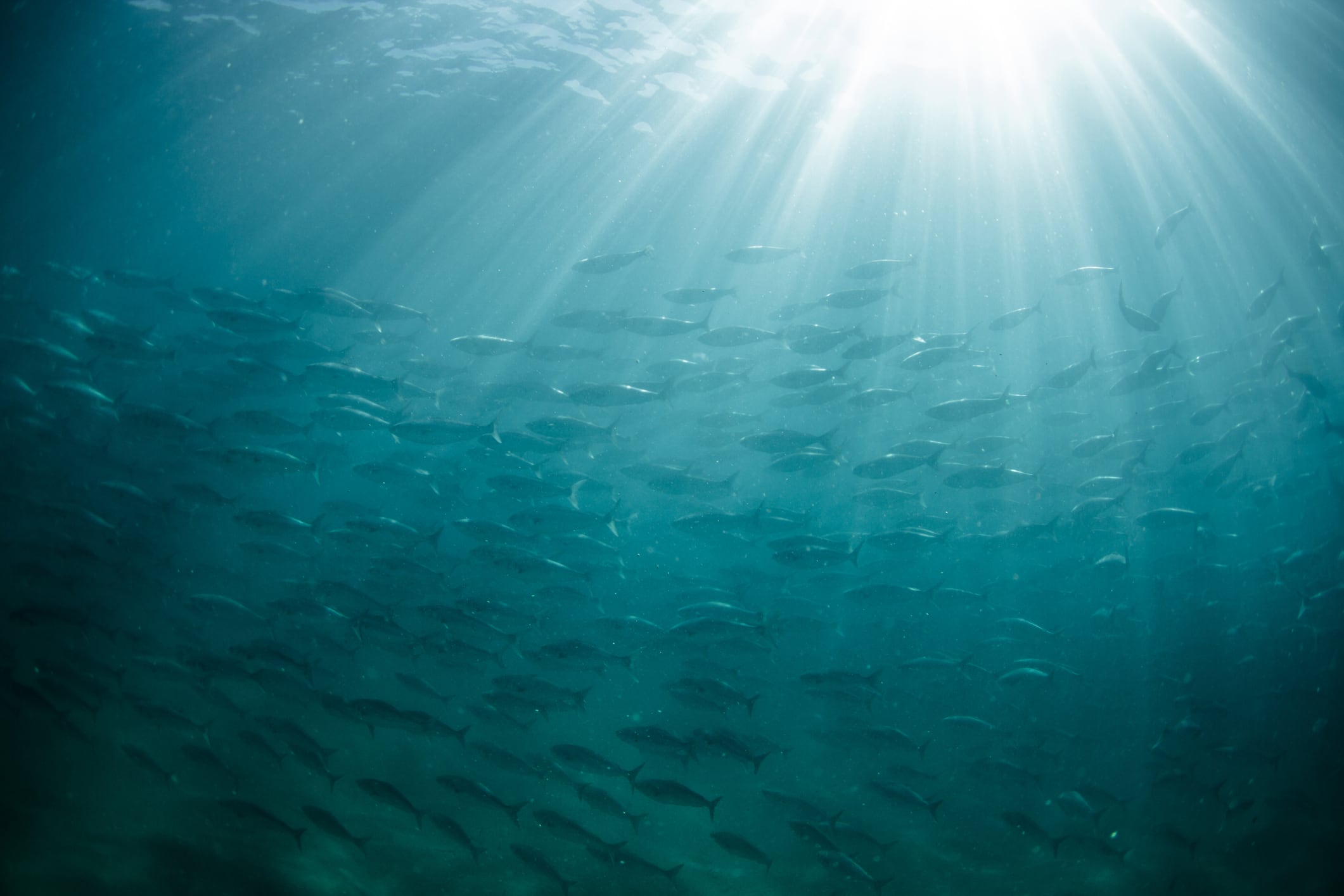According to the Ministry of Oceans and Fisheries (MOF), Korea’s bluefin tuna catches in fixed nets have surged in recent years, in part due to climate change.
The warmer waters are causing more bluefin tuna to move towards Korea’s fishing zone and into fixed net fisheries.
This has mobilised the ministry to announce the public-private consultative body dedicated to commercialising domestic bluefin tuna, which held its inaugural meeting on August 27.
It brought together representatives from the ministry, local governments, the Korea Fisheries Resources Agency (FIRA), the National Federation of Fisheries Cooperatives, distribution and processing companies, as well as fisherfolk.
Bluefin tuna is a highly sought-after premium species across the globe. However, to secure its premium market value, it requires immediate processing after catching.
This includes bleeding, gut removal, and maintaining it in lower temperatures through rapid chilling.
The focus of this newly formed working group will be to improving handling techniques, establishing a catch reporting system, and building up a sustainable distribution network for bluefin tuna, said the ministry. “By operating this consultative body, we aim to ensure that bluefin tuna becomes a reliable source of income for fishers. The government will continue to support initiatives that drive income generation from this premium resource,” said Hong Rae-hyung, Director-General of Fisheries Policy, MOF.
Too much tuna
Just last month, local fishermen from Yeongdeok reeled in 1,300 bluefin tuna, weighing some 130 metric tonnes in total.
However, fishermen were not able to capitalise on this golden opportunity as it exceeded the regional quota.
The highly coveted bluefin tuna is highly regulated under international conservation regulations.
Korea adheres to a quota set by the Western and Central Pacific Fisheries Commission (WCPFC).
In 2025, Korea’s quota was set at 1,219 tons, which was further divided by MOF among the regions.
As the catch exceeded the quota, there was a massive financial loss as the tuna were not able to be sold as premium catch.
Local media Chosun reported that it was a loss of “hundreds of millions of won” when they were sold off as animal feed.
Last year, Korea’s export value of seafood products was $3.03bn, exceeding $3bn for the third consecutive year, according to MOF. This was a 1.2% increase from the previous year.
Tuna exports recorded $589m, up 4.7% from the previous year. Tuna exports were only topped by seaweed, which hit $997m after a 25.8% increase.




